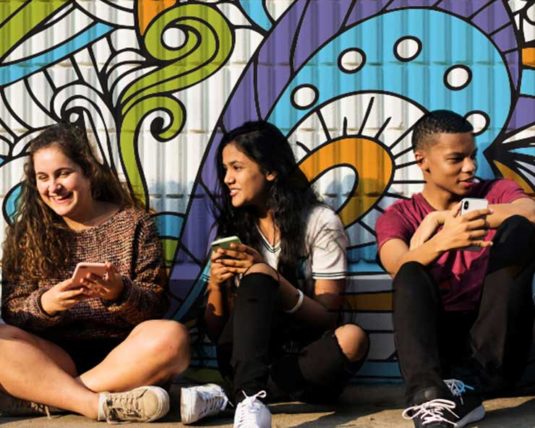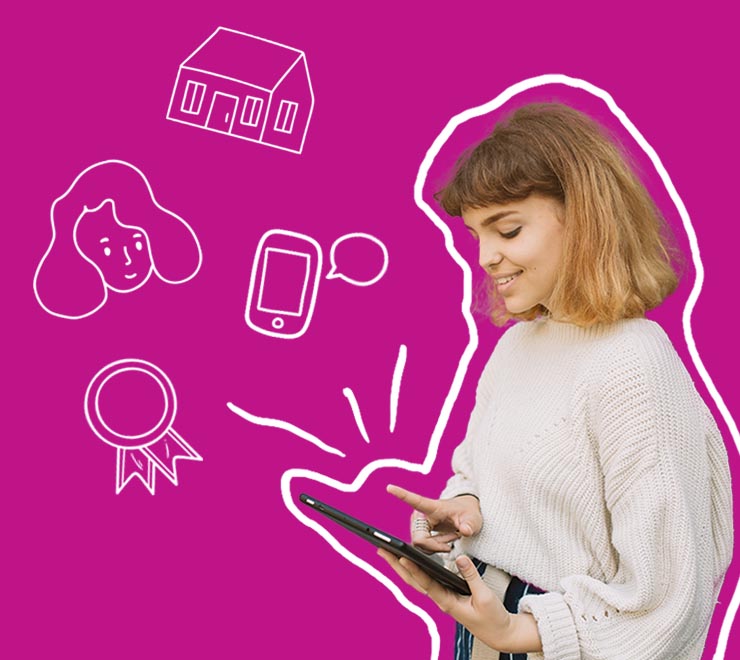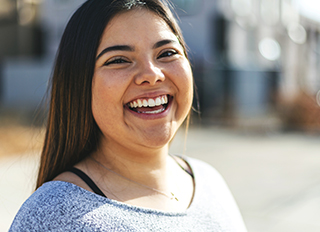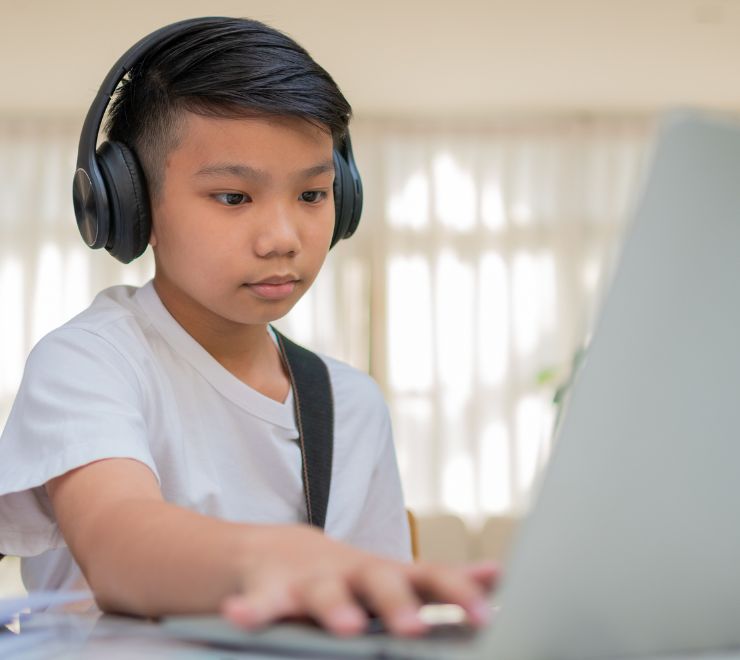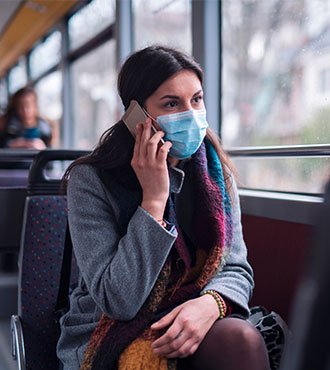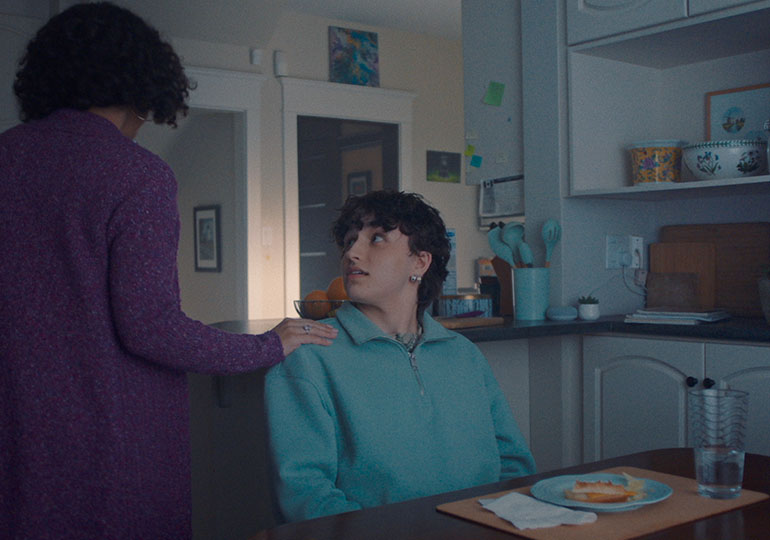Have you been around when someone is experiencing bullying? It can be a difficult thing to observe, online or in person, especially when it happens to someone you care about. Knowing what you can do as a bystander to bullying may help you offer support to the person who’s dealing with it and help make your community safer.
Kids Help Phone respects and acknowledges that language is always evolving. Some people prefer to use words like assault, abuse and harassment to describe bullying. We’re using familiar terms like bullying and cyberbullying for consistency. We encourage you to use the words that make the most sense for you and your experiences.
What are some things to know about being a bystander to bullying?
A bystander is a person who observes an action, event or behaviour like bullying. Being a bystander to bullying can be tough. Bystanders can often experience feelings like helplessness, fear and worry and may even feel unsure if they should interfere, particularly if there are other people around. Taking action as a bystander (if it’s safe to do so) can be a way to try to stop the behaviour, show solidarity with the person who’s experiencing bullying, encourage others to disapprove of the situation and prevent future incidents.
How can a bystander to bullying intervene?
Bystanders have options when it comes to supporting someone who’s experiencing bullying. Keep in mind that your safety as a bystander is important, too. If you don’t feel it’s safe to interject using the ideas below, try to involve a safe adult for support right away. Here are some other ways you can try to help stop bullying as a bystander:
Know the facts
Educating yourself on what bullying is, how to identify it and ways to stop it are things you can do that may help you feel better prepared to help someone. Since bullying is about power, you and any other bystanders have a chance to make a difference by trying to diffuse (or make neutral) the situation. Here are a few resources to check out for tips and info:
- Support guide: Being bullied, a bystander or a participant (Kids Help Phone)
- How to recognize bullying (Government of Canada)
- I Know Someone Who Is Being Bullied (PREVNet)
- Self Care for People Experiencing Harassment (HeartMob)
Use your words
It’s possible to interrupt the bullying behaviour by using your words. You can use your voice (verbally or in writing) to share that what’s happening is not OK, ask the person who’s bullying to stop and / or encourage others to help stop the bullying. You could also use your words to offer a distraction to everyone around (by sharing that a safe adult is on the way, for example). You can also practise how you’d like to tell someone about bullying by trying out a virtual bullying report. And if you’d like, you can share any ideas you may have for preventing bullying in the future with leaders in your community.
Reach out to the person who’s experiencing bullying
Making an effort to be there for the person who’s experiencing bullying can go a long way. You can approach them and ask if they’re OK, remind them that the situation is not their fault and offer to try and get help together. This could involve moving away from the person who’s bullying in the moment or contacting a safe adult, too.
Involve a safe adult
You can always tell a safe adult about the bullying, such as a teacher, principal, coach, parent / caregiver, employer, neighbour or website administrator (like the “Privacy and Security button” on Instagram, for example). If someone is in immediate danger, you can contact the emergency services in your area for help.
Half of the teens who say that they have engaged in bullying behaviour also report that they get bullied.
Reach out to the person who’s bullying
You can connect with the person who’s bullying directly (if it’s possible and safe to do so) to share your thoughts / feelings with them. You can start from a place of compassion to check in on them. You can also let them know that how they’re treating someone else is not OK, and that you understand that something may be going on with them, too.
You can say, “You seem to have a lot going on right now. Do you want to talk about anything?” or, “I want to let you know I’m here for you. I also want to share that it upsets me to know you’re bullying our classmate.” You can offer to explore supports together that can help them work through intense emotions in an effort to stop the behaviour.
Take care of yourself
Being a bystander to bullying can take a toll on your mental and emotional health. You can check in with yourself to gauge how you’re feeling and how you’re doing. The following resources can help you identify your feelings and get the support you may need / want:
If you’re a bystander to bullying, you can take action to support your peers and your community. If you’d like to talk about how bullying is affecting your life, you can reach out to Kids Help Phone for support 24/7.


